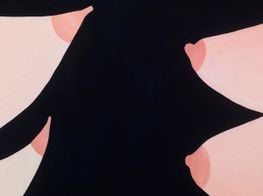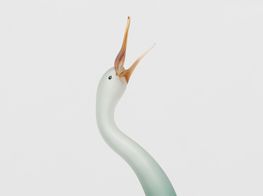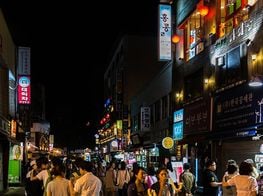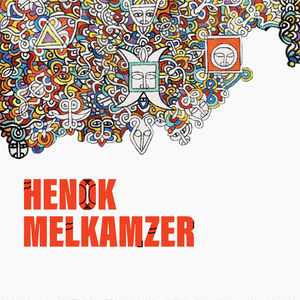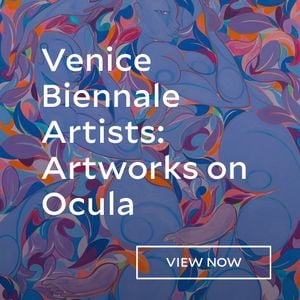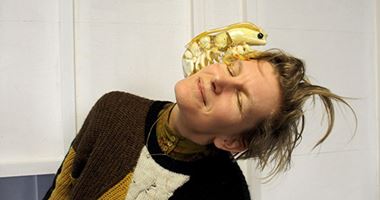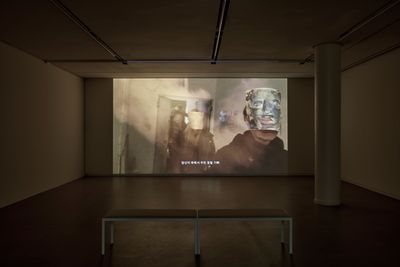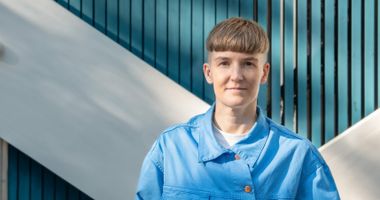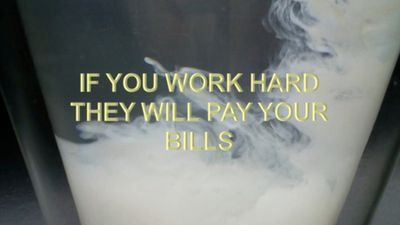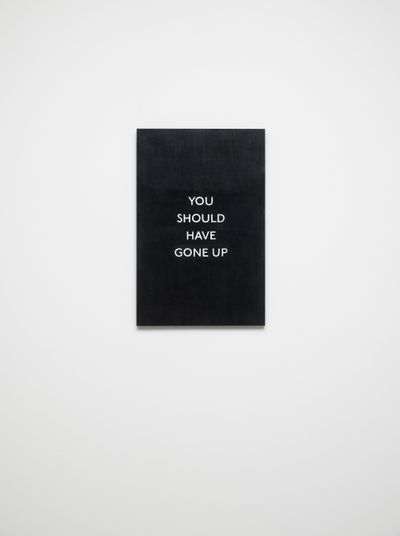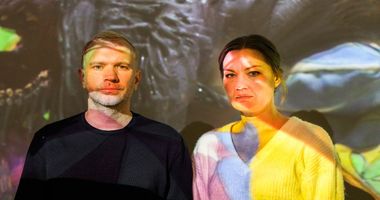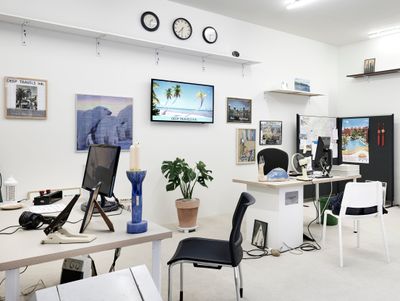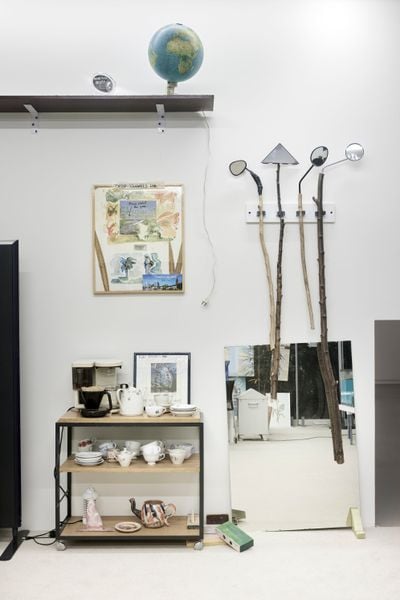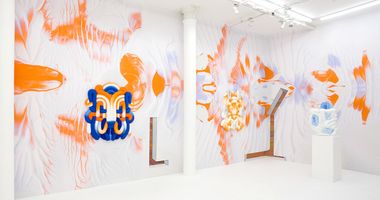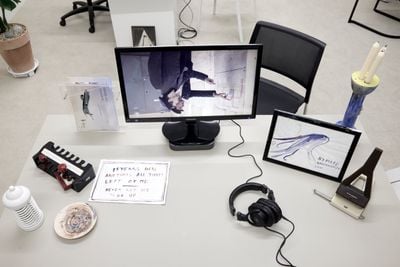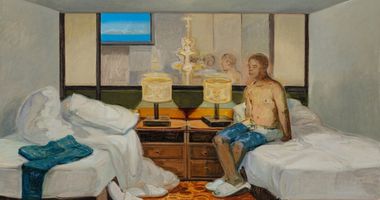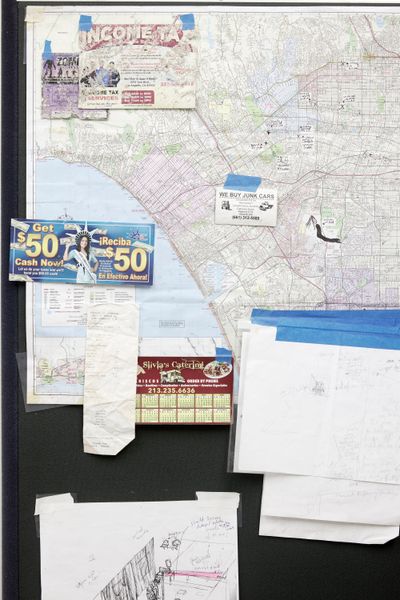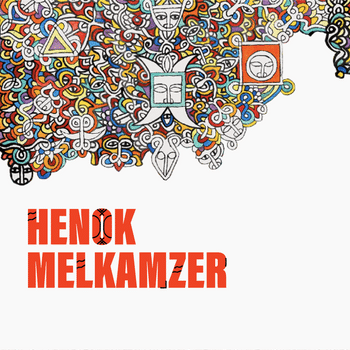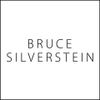Deep Travel and Déjà Vu with Laure Prouvost in Seoul
Set in a fictional travel agency, Laure Prouvost's first solo show in Seoul consists of organic works—videos, painting, and installation—that come together to tell a sprawling tale.
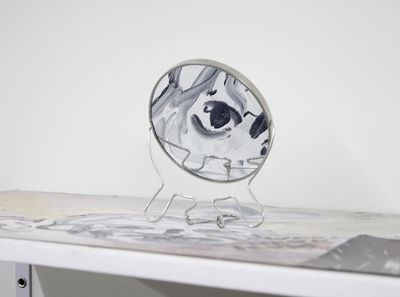
Exhibition view: Laure Prouvost, Deep Travel Ink, Atelier Hermès, Seoul (25 March–5 June 2022). © Laure Prouvost / Fondation d'entreprise Hermès. Courtesy Fondation d'entreprise Hermès. Photo: Sangtae Kim.
Staged at Atelier Hermès, Deep Travel Ink. (25 March–5 June 2022) starts in the gallery space at the basement level of Maison Hermès, Dosan Park. From the Hermès shop in the adjacent room, the single-channel video How to Make Money Religiously (2014) welcomes visitors.
A voiceover in the single-channel video invites viewers to become protagonists of a thriller movie, showing two slightly altered versions of the same footage playing on loop, possessed and deranged by a thrilling, sinister, and mesmerising organised chaos of images, voice, and text, creating a moment of déjà vu.
Keeping time with sharp, suspenseful music is a montage of shifting, disparate images punctuated by slides of text—someone wearing a disturbing mask, a car driving in an alleyway, a finger in butter, an accident scene in a dirty street, a baby in a car. 'Your life has changed forever', one slide reads. 'You can't go back in time.'
In this (fictional) world of mediated communication and mandated consumption, a voiceover in the video commands viewers to keep watching and follow the person who is being chased. Throughout the video, it asks viewers to hold on to, or remember details like a car brand or the pattern of a shirt, amid the whirlwind of shifting scenes.
The narrative makes a stop at a cash machine—suddenly, the story told from the first person presents a scenario in which viewers have become rich. A song with a chorus sings: 'I(You) am, I(You) am the best.'
The narrator says we meet important people and kings from different countries; we received gifts from them in 1952, 1988, 1999, 2002, and 2015. But then, as the film whispers, we transition from the past into forever.
This is how to make money religiously, we are told. Text slides flash: 'Even reading this will make you richer'—'multiplied viewings are recommended.' An attempt to delude us into believing fictions like YouTubers who command algorithms with perfect views.
YOU SHOULD HAVE GONE UP (2019) hangs on the wall on the other side, with the same words on a blackboard. Off to the side, a small door invites people to crouch down to enter the installation Uncle's Travel Agency Franchise, Deep Travel Ink. (2016–ongoing).
At first glance, the installation seems like an ordinary office. But like the misspelling (of Inc.) in its title, this space is filled with odd items: an upside-down world map, canes attached to mirrors, a potato as an electrical conductor, tea sets, and mirrors with mysterious messages—like the ominous 'we won't ask questions.'
Unfolding the nuances of memory and forgettance, porous and easily stretched, Prouvost's four works spread collective unconsciousness.
As with how How to Make Money Religiously blurs the line between fiction and reality with a chaotic seduction of text, image, and voice, Uncle's Travel Agency Franchise, Deep Travel Ink. tells the story of Prouvost's family through an odd juxtaposition of crafts and eccentric objects.
Travel Infomercial (2016), a video work hanging on the office wall, adds a layer of derangement. Marked by drowsy music, a seductive voiceover saying 'escape', and rapidly shifting montages of luxurious beaches, cars, and affirmational texts, the video 'TAKE[S] YOU A BEET DEAPER', as the text promises, into a subliminal world that may be buried in our minds.
On the old desk monitor, The Wanderer – Bunker/Communication Sequence (2012) is screened. As the camera moves to the underground of a beauty salon, the scene turns upside down.
In this upside-down world, people in uniforms are incessantly trying to track someone called Gregor, but the message never reaches the upper world. Reality from the upside-down world is a fiction of the past. Communication relentlessly slips away.
Like the question of 'were you here before' from How to Make Money Religiously, as if trapped in perpetual déjà vu, one work recalls another from shared devices, while misspellings, affirmational texts, seductive voices, and mirror canes become 'clues or evidence' that are 'relentless plot holes' that take us deeper.
Unfolding the nuances of memory and forgettance, porous and easily stretched, Prouvost's four works spread collective unconsciousness. Invited into the artist's sprawling tale, viewers find themselves at once lost and dreaming, but awake. —[O]

